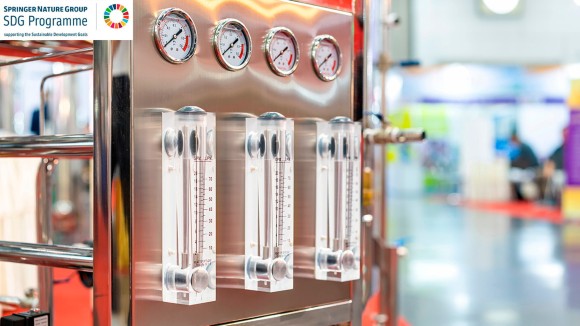 ChungHyuk Lee, PhD, Toronto Metropolitan University, Canada
ChungHyuk Lee, PhD, Toronto Metropolitan University, Canada
ChungHyuk Lee is an Assistant Professor at the Department of Chemical Engineering, Toronto Metropolitan University, Canada. His research is focussed on characterizing and enhancing transport properties of materials for electrochemical energy device applications. Dr Lee has been an Editorial Board Member for Scientific Reports since 2022.
 Jason Keonhag Lee, PhD, University of Victoria, Canada
Jason Keonhag Lee, PhD, University of Victoria, Canada
Jason Keonhag Lee serves as an Assistant Professor at the University of Victoria, where his focus lies in the development of electrochemical energy conversion devices. His research interests include development of ionomer-free electrodes, ultra-low loading catalyst layers, and the fabrication of innovative porous structures aided by stochastic and pore network modelling. Dr Lee has been an Editorial Board Member for Scientific Reports since 2024.
 Mayank Sabharwal, PhD, University of Calgary, Canada
Mayank Sabharwal, PhD, University of Calgary, Canada
Mayank Sabharwal is an Early Career Researcher with a focus on material innovation and novel electrode architecture development for different electrochemical systems related to energy storage and hydrogen production and utilization. His research group develops operando imaging tools and multiscale numerical models to understand the transport processes in these systems. Dr. Sabharwal has been an Editorial Board Member of Scientific Reports since 2024.
 Gaoqiang Yang, PhD, Hunan University, China
Gaoqiang Yang, PhD, Hunan University, China
Gaoqiang Yang is a Professor at the College of Mechanical and Vehicle Engineering, Hunan University, China. His research interests focus on energy harvesting/conversion/storage devices (Fuel cell, Water Electrolyzer, etc.), NEMS/MEMS fabrication, multi-scale fluidics and heat transfer. Dr Yang has been working as an Editorial Board Member of Scientific Reports since 2022.

